Can AI Replace Corporate Video Production? Key Highlights
- AI and ChatGPT cannot replace the need for a video production company due to the unique skills and perspectives that human professionals bring to the table.
- Video production companies offer customised content tailored to the specific needs of clients, which AI and ChatGPT cannot replicate.
- Video production companies provide a range of services beyond content creation, such as scriptwriting, location scouting, and post-production editing.
- AI and ChatGPT lack the ability to understand the nuances of human emotion and communication, which are crucial for creating engaging video content.
- Video production companies offer expertise and experience that cannot be replicated by AI and ChatGPT.
- While AI and ChatGPT have their benefits, they are not capable of replacing video production companies in terms of creativity, personalisation, and expertise.
Introduction
Unless you’ve been living under a rock for the last couple of months, you’ll have noticed the drastic rise of AI technologies. From chatbots to virtual assistants, AI is revolutionising various industries. One area where AI has gained significant attention is corporate video production. There’s a growing debate about whether AI can completely replace the need for human involvement in video production processes. While AI has made remarkable advancements in video editing and production, it is important to understand the current landscape and the role of human creativity in video content.
The Current Landscape of Corporate Video Production
Video production plays a crucial role for businesses in today’s digital landscape. Media companies and marketing teams heavily rely on video content to engage their audience and promote their products or services through a variety of video avenues including social media. With the rise of video marketing, there is an increasing demand for high-quality video production.
The Role of Human Creativity in Video Content
Human intelligence and creativity are essential in the process of creating compelling video content. It is the human touch that brings a unique perspective and emotional impact to the videos. While AI and ChatGPT can generate content based on pre-existing data and algorithms, they lack the ability to understand the nuances of human emotion and communication. Human creativity is what sets video production companies apart, as they can create engaging content that resonates with the target audience. The human touch in content creation allows for personalisation and customisation, which is crucial in industries like marketing and advertising where tailored content is essential for effective communication.
Technological Advancements in Video Production Tools
In recent years, there have been significant technological advancements in video production tools. New technologies and AI tools have made video editing and production more accessible and efficient. These tools leverage AI algorithms to automate repetitive tasks, such as video editing, color correction, and audio enhancement. AI-powered tools can analyse large amounts of data to identify patterns and make intelligent suggestions for improving video quality. They can also streamline the editing process by automatically syncing audio and video clips, removing background noise, and applying visual effects. These advancements in video production tools have revolutionised the industry, making it easier for professionals to create high-quality videos in less time.
Introduction to AI in Video Production
Artificial intelligence (AI) has emerged as a game-changer in various industries, and video production is no exception. AI technologies, such as machine learning and generative AI, have the potential to transform the way videos are created and edited. These technologies can automate repetitive tasks, enhance video quality, and even generate content based on pre-existing data. However, the question remains: can AI ever fully replace the need for a video production company?
How AI is Being Integrated into Video Editing and Production
AI is being integrated into various aspects of video editing and production. AI algorithms can analyse footage and automatically select the best shots, saving time and effort for video editors. They can also automate the process of color grading, adjusting brightness and contrast to enhance the visual appeal of the video. AI-powered tools can generate subtitles and captions, making videos more accessible to a wider audience. Additionally, AI can assist in content creation by suggesting relevant visuals and music based on the desired mood or theme. While AI can automate certain tasks and improve efficiency, it cannot replicate the human creativity and intuition required for producing high-quality videos.
Benefits of AI in Corporate Video Production
AI offers several benefits in corporate video production. It can improve efficiency, reduce costs, and automate repetitive tasks. AI-powered tools can analyse large amounts of data to generate insights and suggestions for enhancing video quality. They can also streamline the editing process by automating certain tasks, saving time and effort for video professionals. Additionally, AI can make video production more accessible to businesses with limited resources, offering cost-effective solutions for creating compelling video content.
Efficiency and Speed: The Time-saving Aspect
One of the key benefits of AI in corporate video production is its ability to improve efficiency and speed up the production process. AI-powered tools can automate repetitive tasks, such as video editing and color grading, that would otherwise require significant time and effort. By leveraging AI algorithms, video professionals can focus on the creative aspects of video production, while AI handles the technical and repetitive tasks. This not only saves time but also allows for faster turnaround times, enabling businesses to produce high-quality videos more efficiently. The time-saving aspect of AI in video production is particularly valuable in today’s fast-paced digital landscape, where businesses need to constantly create and distribute video content to engage their audience.
Cost Reduction: Making Video Production More Accessible
AI has the potential to make video production more accessible to businesses with limited resources. Traditional video creation can be expensive, requiring specialised equipment, professional talent, and post-production editing. However, AI-powered tools can provide cost-effective solutions for creating compelling video content. By automating certain tasks and streamlining the editing process, AI can significantly reduce the time and resources required for video production. This opens up opportunities for small businesses and startups to leverage the power of video marketing without breaking the bank. Moreover, the cost reduction aspect of AI in video production allows businesses to allocate their resources more efficiently, investing in other areas of their marketing strategy.
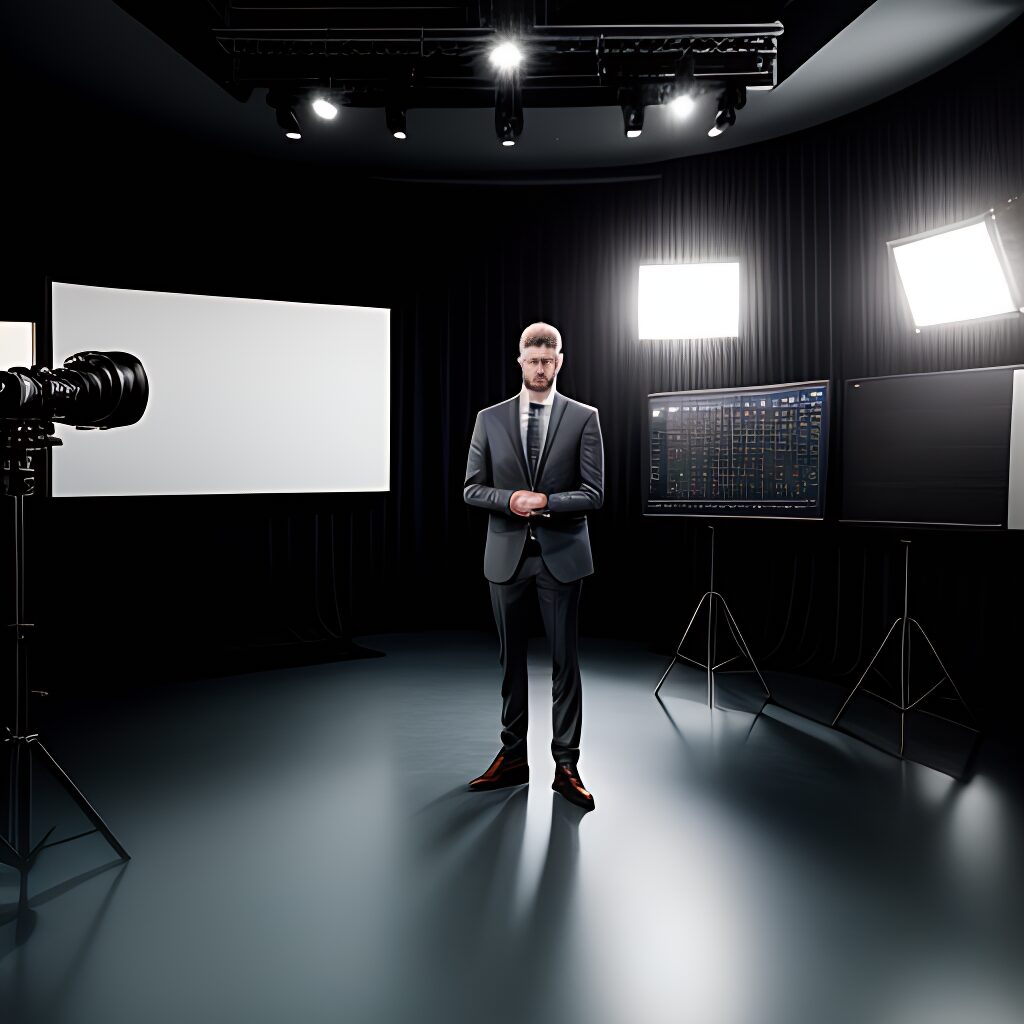
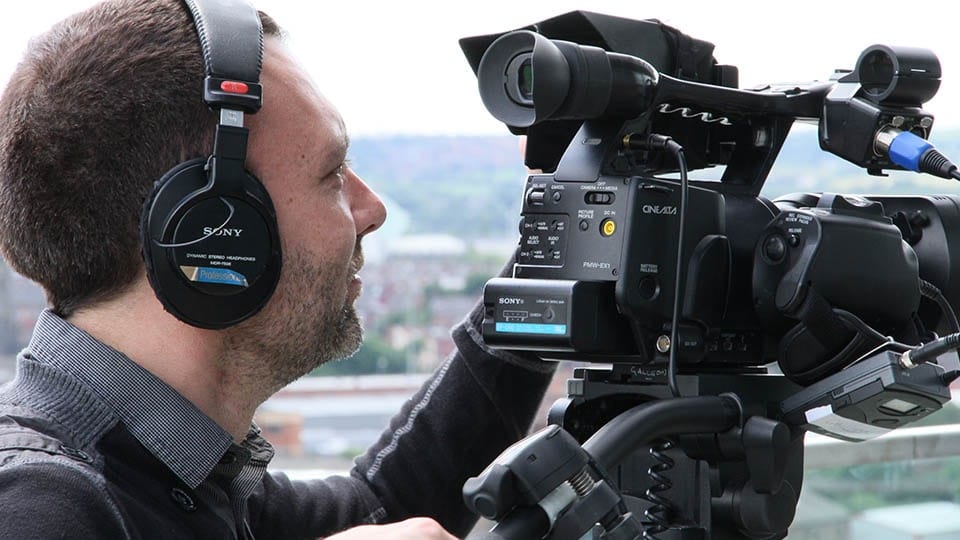
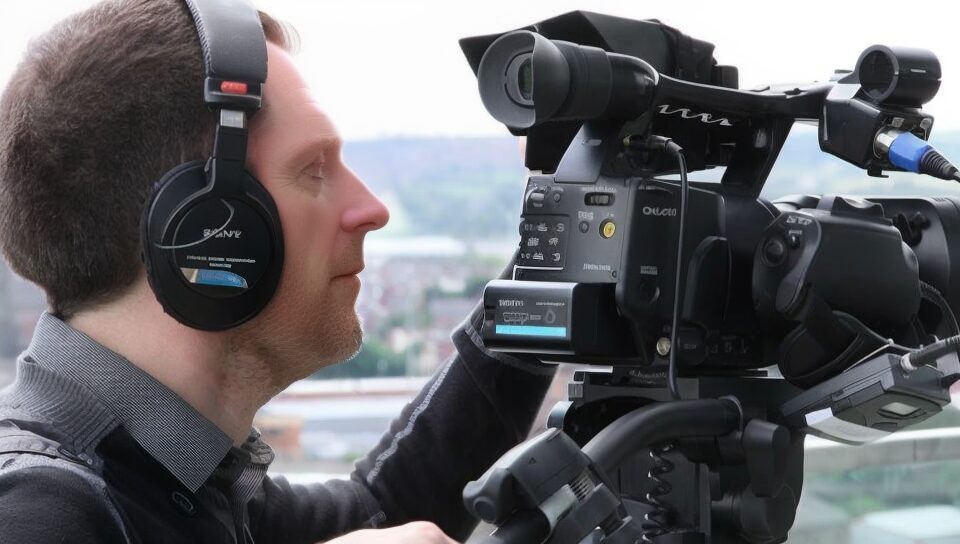
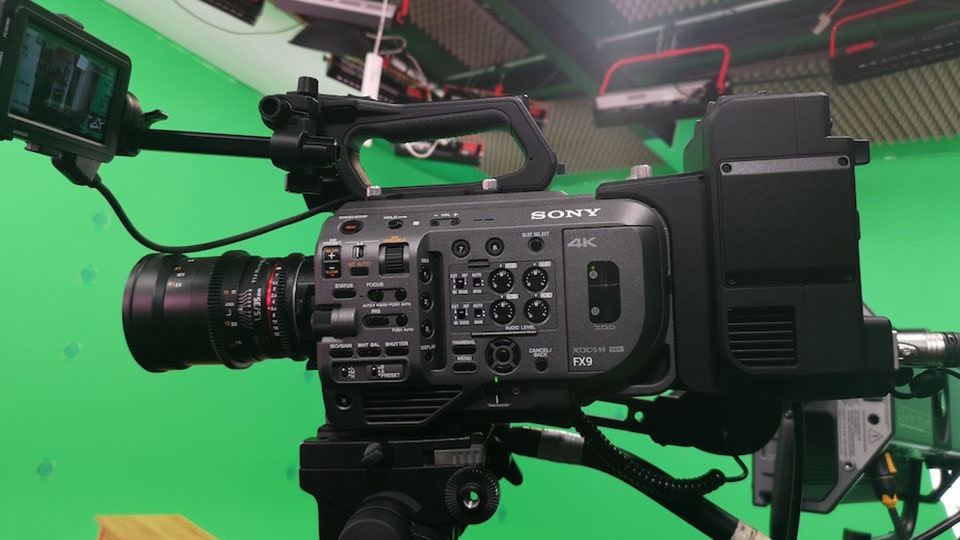
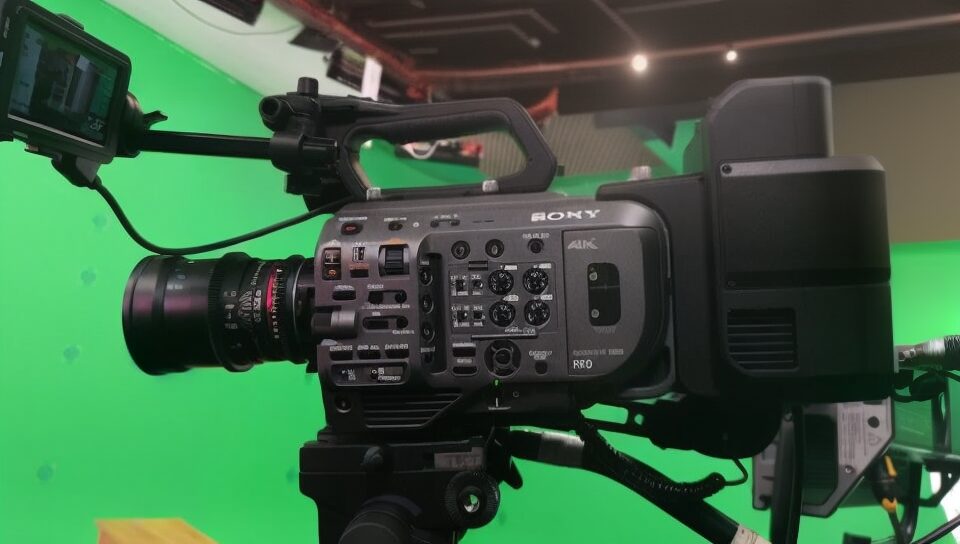
This image is an AI interpretation of the above
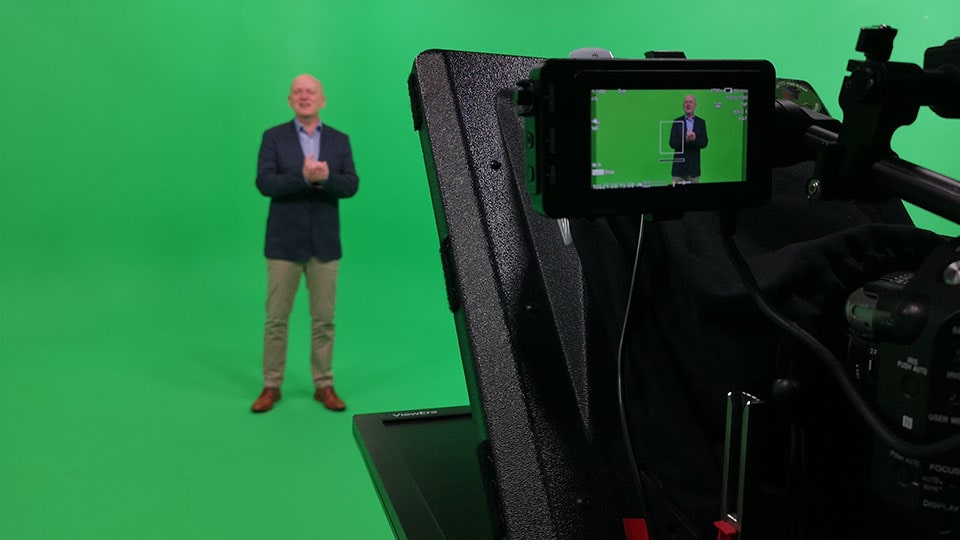
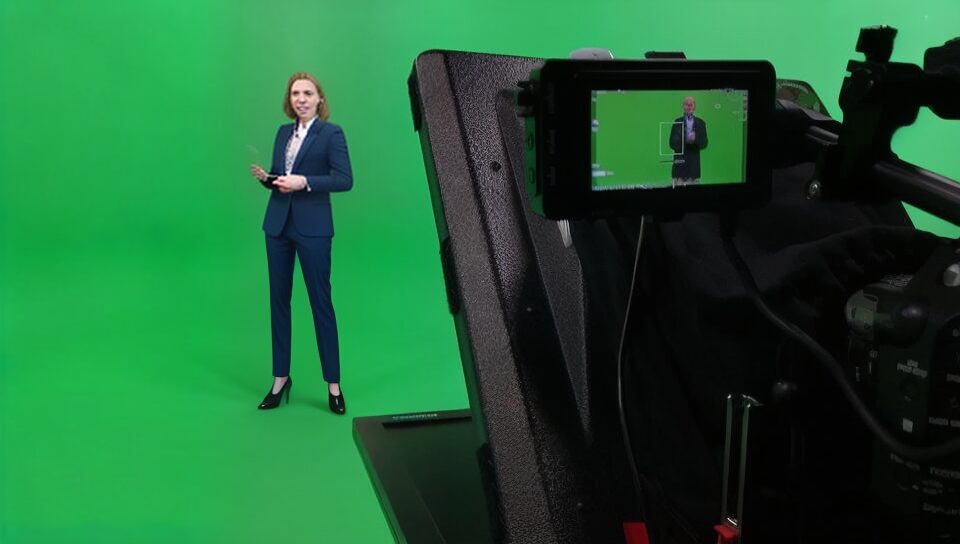

This image is an AI interpretation of the above


This image is an AI interpretation of the above
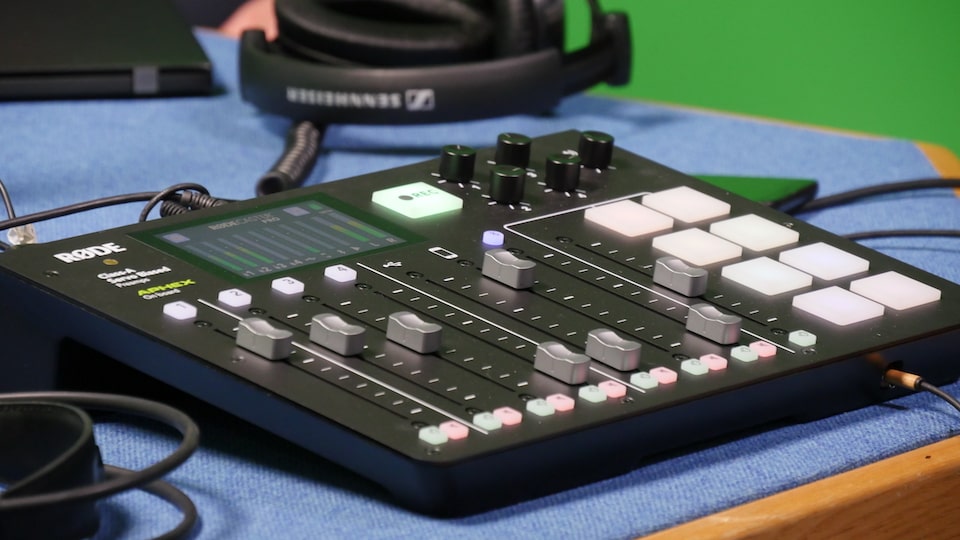

This image is an AI interpretation of the above


This image is an AI interpretation of the above


This image is an AI interpretation of the above
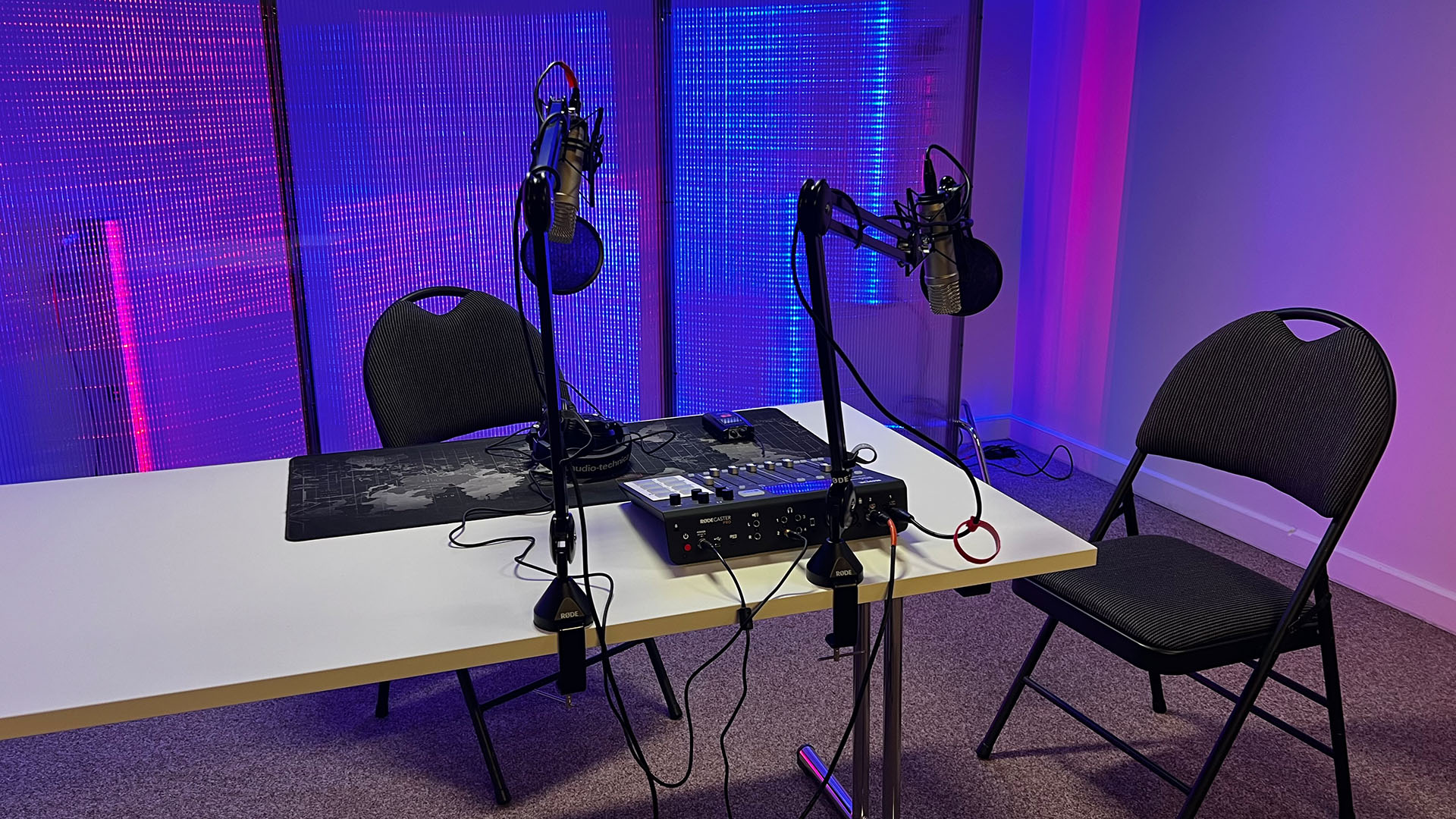
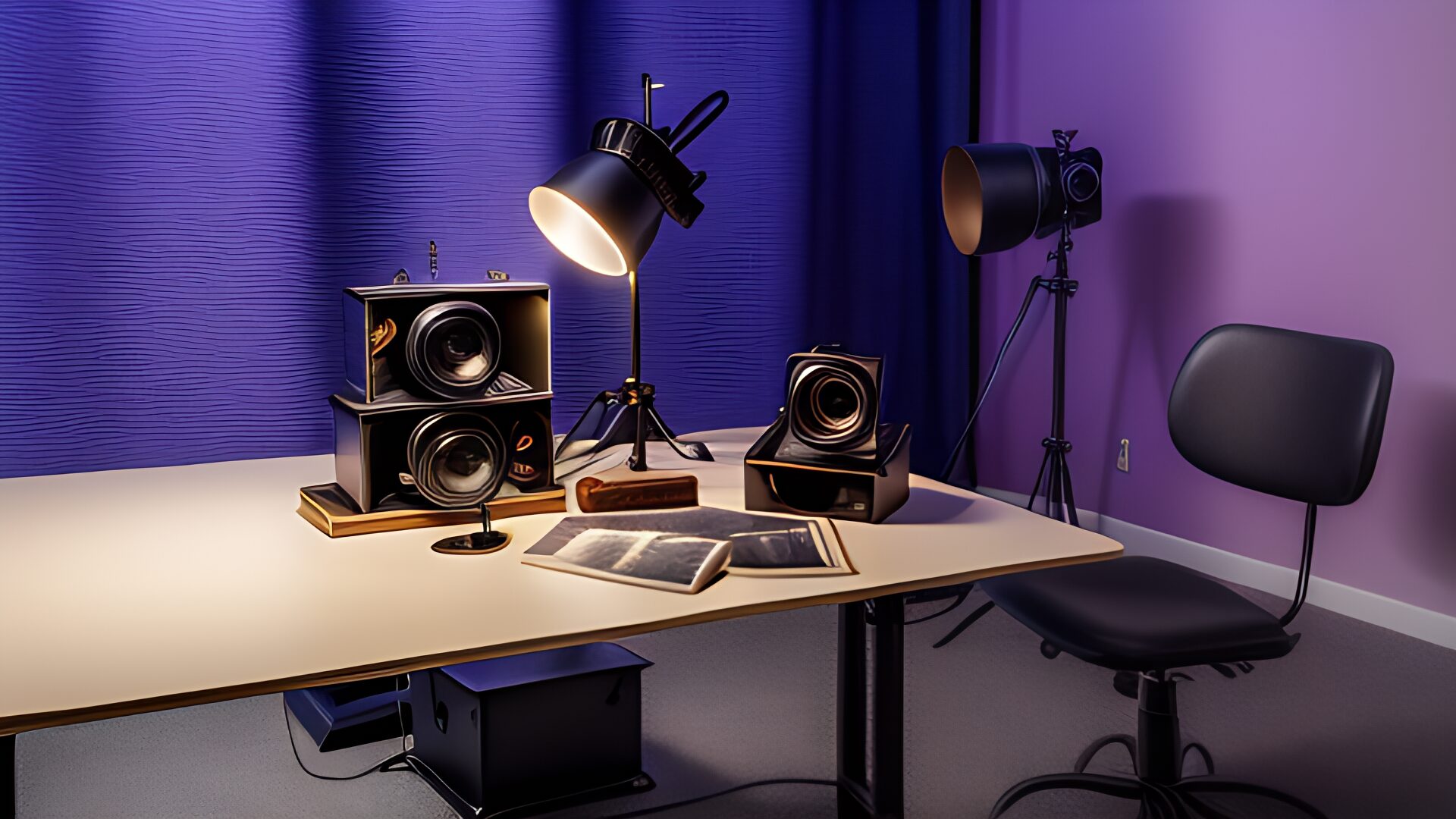
This image is an AI interpretation of the above
Challenges of Implementing AI in Video Production
While AI offers numerous benefits in video production, there are also challenges to consider. AI has its limitations in understanding context and emotions, which are crucial for creating impactful videos. Technical challenges, such as the reliability and accuracy of AI tools, can also pose obstacles. It is important to recognise the potential limitations and address them effectively to ensure the quality and effectiveness of AI-driven video production.
The Limitations of AI in Understanding Context and Emotions
One of the limitations of AI in video production is its difficulty in understanding context and emotions. While AI algorithms can analyse data and generate content based on pre-existing patterns, they lack the ability to interpret the nuances of human emotion and communication. This poses a challenge when it comes to creating videos that evoke specific emotional responses from the audience. Human filmmakers and video professionals have an inherent understanding of the desired emotional impact and can tailor the content accordingly. AI, on the other hand, relies on pre-existing data and algorithms, which may not capture the subtleties of human emotions. Therefore, the human touch and creative intuition remain invaluable in creating impactful video content that resonates with the audience.
Technical Challenges and Reliability Concerns
In addition to limitations in understanding context and emotions, there are technical challenges and reliability concerns associated with AI in video production. AI tools rely on complex algorithms and machine learning models, which require regular updates and maintenance. Technical glitches and errors can occur, leading to unexpected results or failures in the production process. Moreover, the reliability of AI tools is crucial in ensuring the accuracy and quality of the generated content. Businesses need to carefully evaluate the performance and reliability of AI tools before incorporating them into their video production workflows. It is essential to have backup plans and human oversight to ensure the reliability and consistency of the final product. Despite these challenges, AI continues to evolve, and advancements in technology may address these concerns in the future.
Human vs. AI in Video Production
The debate of human vs. AI in video production is ongoing. While AI offers efficiency and cost reduction, human creativity and collaboration are irreplaceable elements of the process. Human filmmakers and video editors bring a unique perspective and intuition to the creative aspects of video production. Collaboration between AI and humans can result in optimal results, leveraging the efficiency of AI tools and the creativity of human professionals.
The Irreplaceable Elements of Human Touch in Creativity
The human touch in creativity is irreplaceable in video production. Human filmmakers and video professionals have the ability to bring unique perspectives and emotions to the creative process. They understand the nuances of human communication and can tailor the content to evoke specific emotional responses from the audience. Human creativity goes beyond following pre-existing patterns or algorithms, allowing for the exploration of new ideas and executions. The human touch adds a personal and authentic element to the videos, making them more relatable and engaging. While AI can assist in certain aspects of video production, it cannot replicate the depth of human creativity and intuition. The collaboration between AI and humans is key to achieving optimal results, leveraging the efficiency of AI tools while preserving the human touch in creativity.
Collaboration between AI and Humans for Optimal Results
The collaboration between AI and humans can lead to optimal results in video production. AI tools can automate repetitive tasks, enhance efficiency, and provide data-driven insights. On the other hand, human professionals bring creativity, intuition, and emotional intelligence to the process. By combining the strengths of AI and human intelligence, businesses can achieve the best of both worlds. AI can assist in streamlining the production process, providing suggestions and automating technical tasks. Human professionals can then leverage their creativity and expertise to add the personal touch and emotional impact to the videos. Collaboration between AI and humans allows for a seamless integration of technology and creativity, resulting in high-quality and engaging video content.
The Future of AI in Corporate Video Production
The future of AI in corporate video production holds great promise. As technology continues to evolve, we can expect further advancements in AI tools and algorithms. These advancements may address the limitations and challenges associated with AI in video production, making it even more efficient and effective. Additionally, as businesses increasingly recognise the value of video marketing, the demand for AI-driven video production solutions is likely to grow. The integration of AI into video production workflows will continue to shape the industry, offering new possibilities and opportunities for businesses.
Predictions and Trends for AI in the Video Industry
The video industry is evolving rapidly, and new tech AI is expected to play a significant role in its future. Predictions and trends suggest that AI will continue to enhance video production workflows, offering more efficient and cost-effective solutions. AI-powered tools will become more sophisticated, providing advanced features and capabilities for video editing and content generation. Personalisation and customisation will be key focus areas, as businesses strive to create tailored video content that resonates with their target audience. AI will also play a role in video analytics, providing valuable insights and recommendations for improving video performance and engagement. As AI technology continues to advance, it will become an integral part of the video industry, transforming the way videos are created, distributed, and consumed.
Preparing for a Future Where AI Plays a Bigger Role
Businesses need to prepare for a future where AI plays a bigger role in corporate video production. This involves staying informed about the latest advancements in AI technology, understanding its potential applications and limitations, and evaluating the reliability and performance of AI tools. Linkedin is a great forum to continue to chat about this topic and learn the latest advancements. Furthmore it is important to have a clear strategy for integrating AI into video production workflows, identifying the tasks that can be automated and the areas where human creativity and expertise are crucial. Collaboration between AI and humans should be encouraged, fostering an environment where technology and creativity can thrive together. Businesses should also invest in training and upskilling their video production teams to ensure they have the necessary skills to leverage AI effectively. By staying proactive and adaptable, businesses can embrace the future of AI in corporate video production and capitalise on the opportunities it presents.
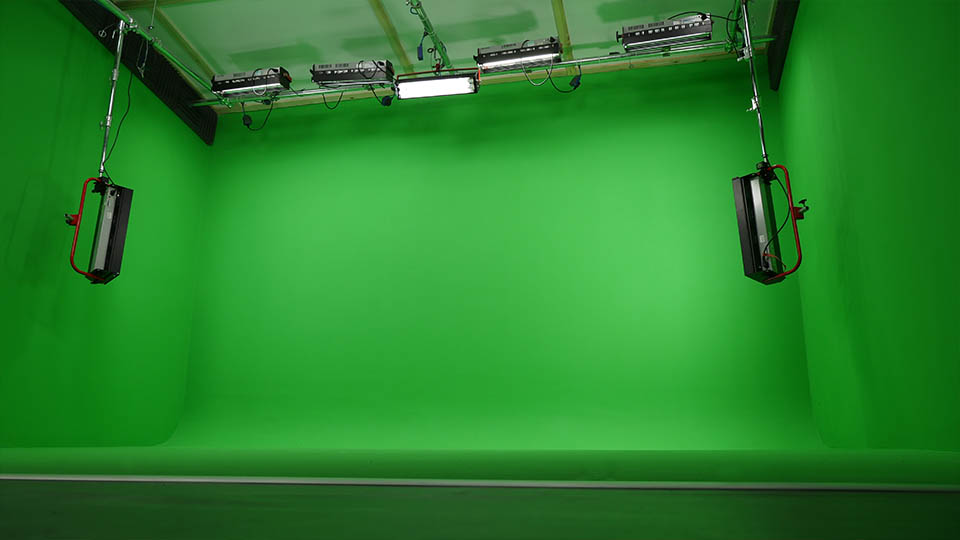

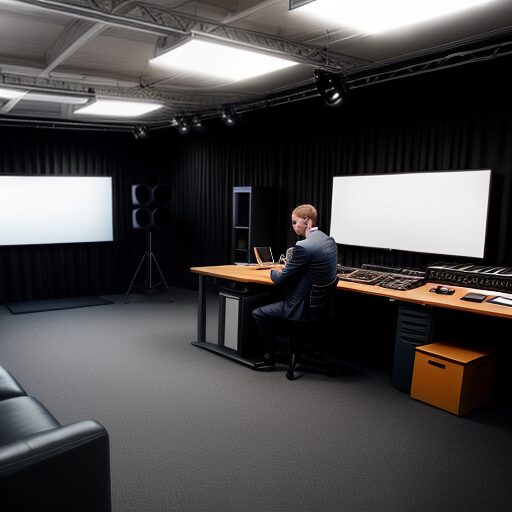


This image is an AI interpretation of the above
Can AI completely replace human video producers?
No, AI cannot completely replace human video producers. While AI offers efficiency and automation, human video producers bring creativity, intuition, and emotional intelligence to the process. The collaboration between AI and humans is essential for achieving optimal results in video production.
How can businesses prepare for the integration of AI in video production?
Businesses can prepare for the integration of AI in video production by staying informed about the latest advancements in AI technology, evaluating the reliability and performance of AI tools, and fostering a collaborative environment between AI and human professionals. Training and upskilling video production teams is also important to leverage AI effectively.
Conclusion – Will AI Replace Corporate Video?
In conclusion, the integration of AI in corporate video production is revolutionising the industry, offering efficiency, cost-effectiveness, and speed. While AI brings advancements, human creativity and emotional intelligence remain invaluable aspects of video content creation. Collaboration between AI and humans can lead to optimal results, combining the strengths of both. As we navigate the future, preparing for a landscape where AI plays a significant role will be crucial for businesses to stay competitive and innovative in their video production strategies. This synergy between technology and human expertise holds the key to shaping the future of corporate video production.

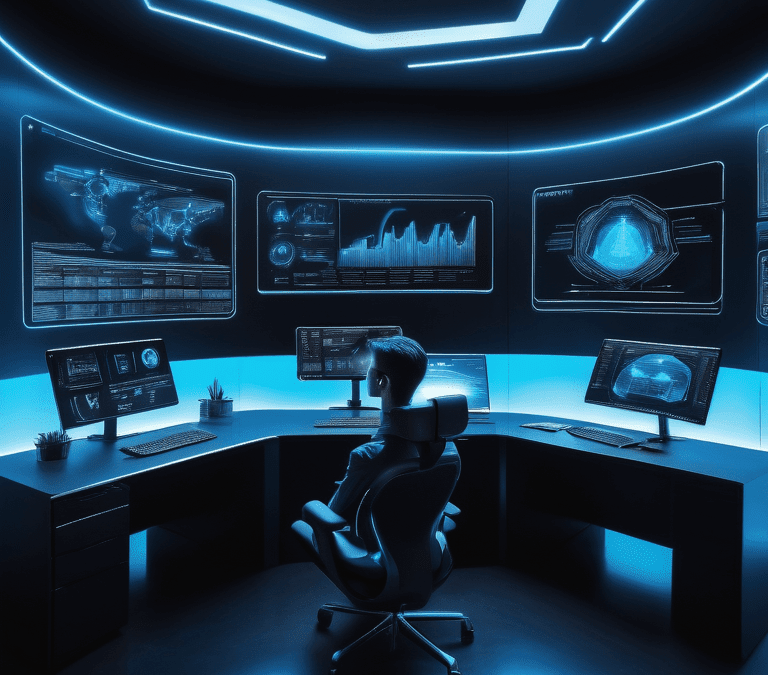


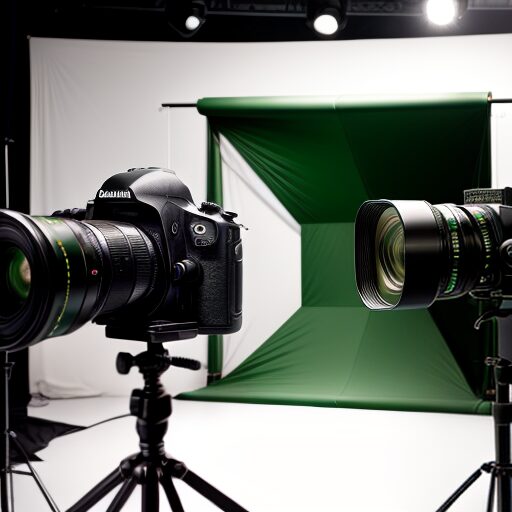
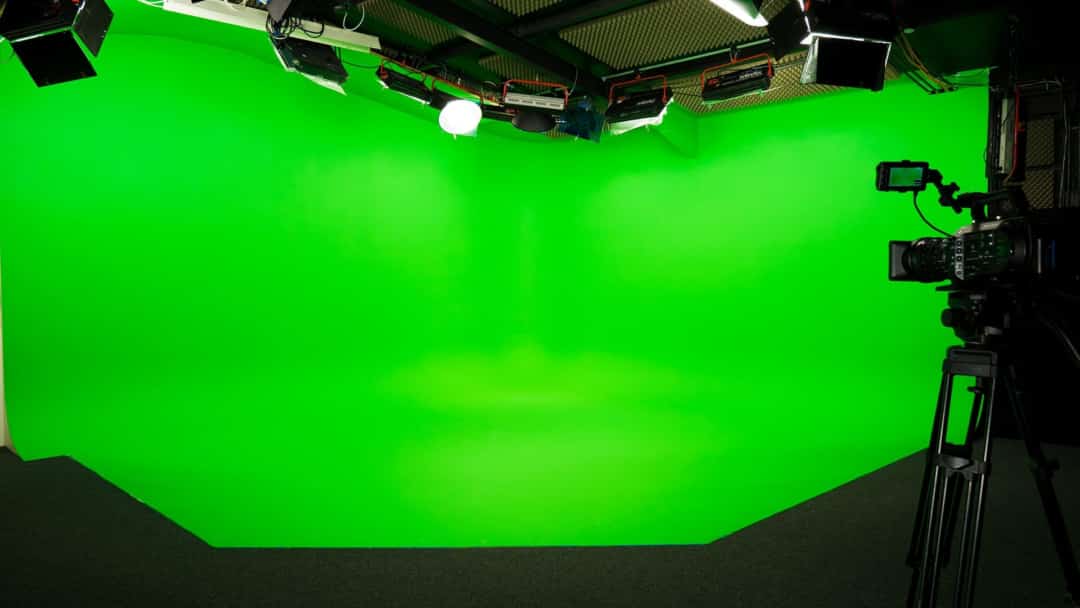
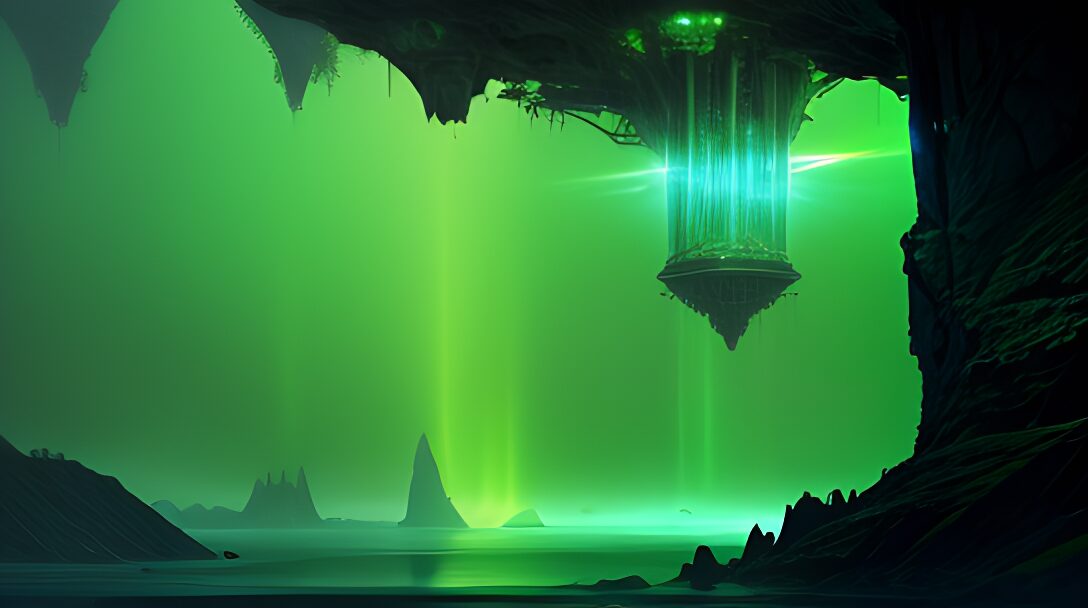
Recent Comments